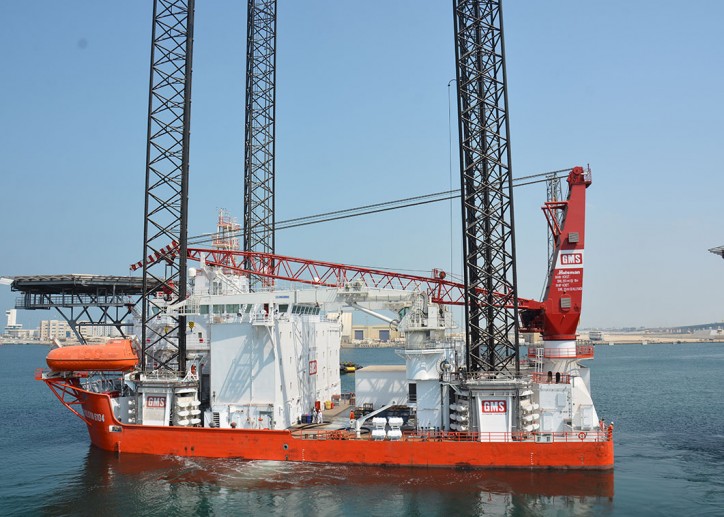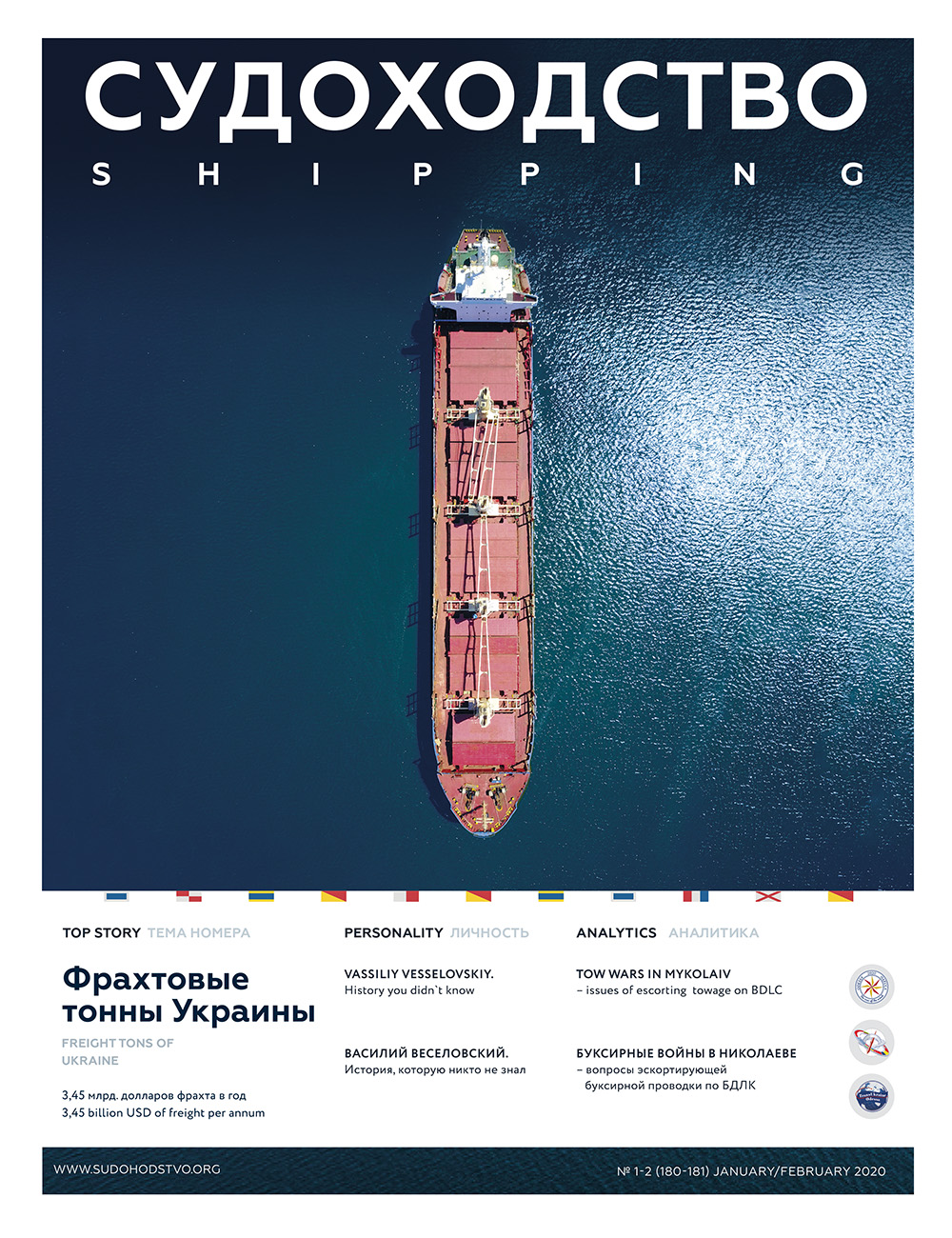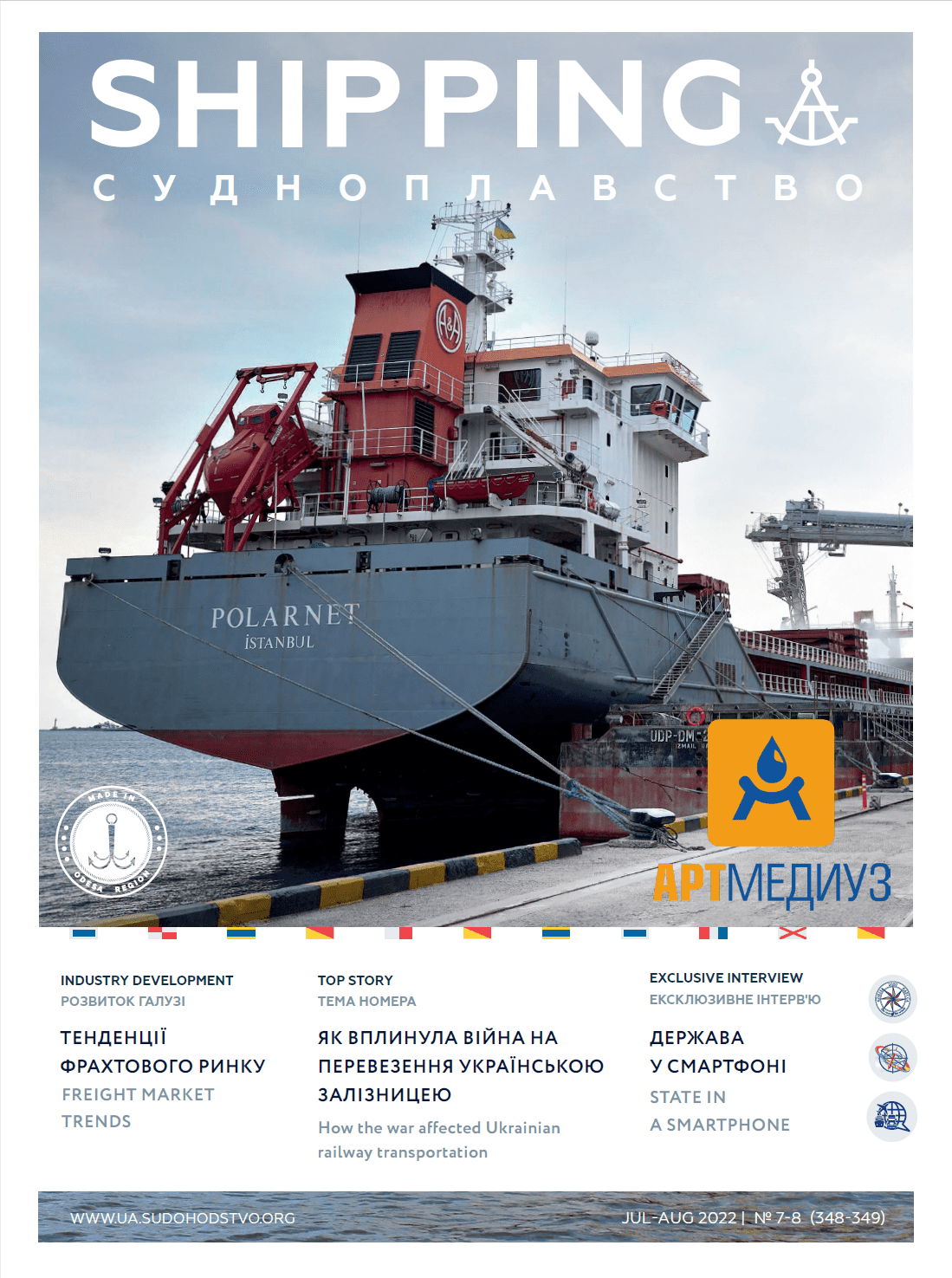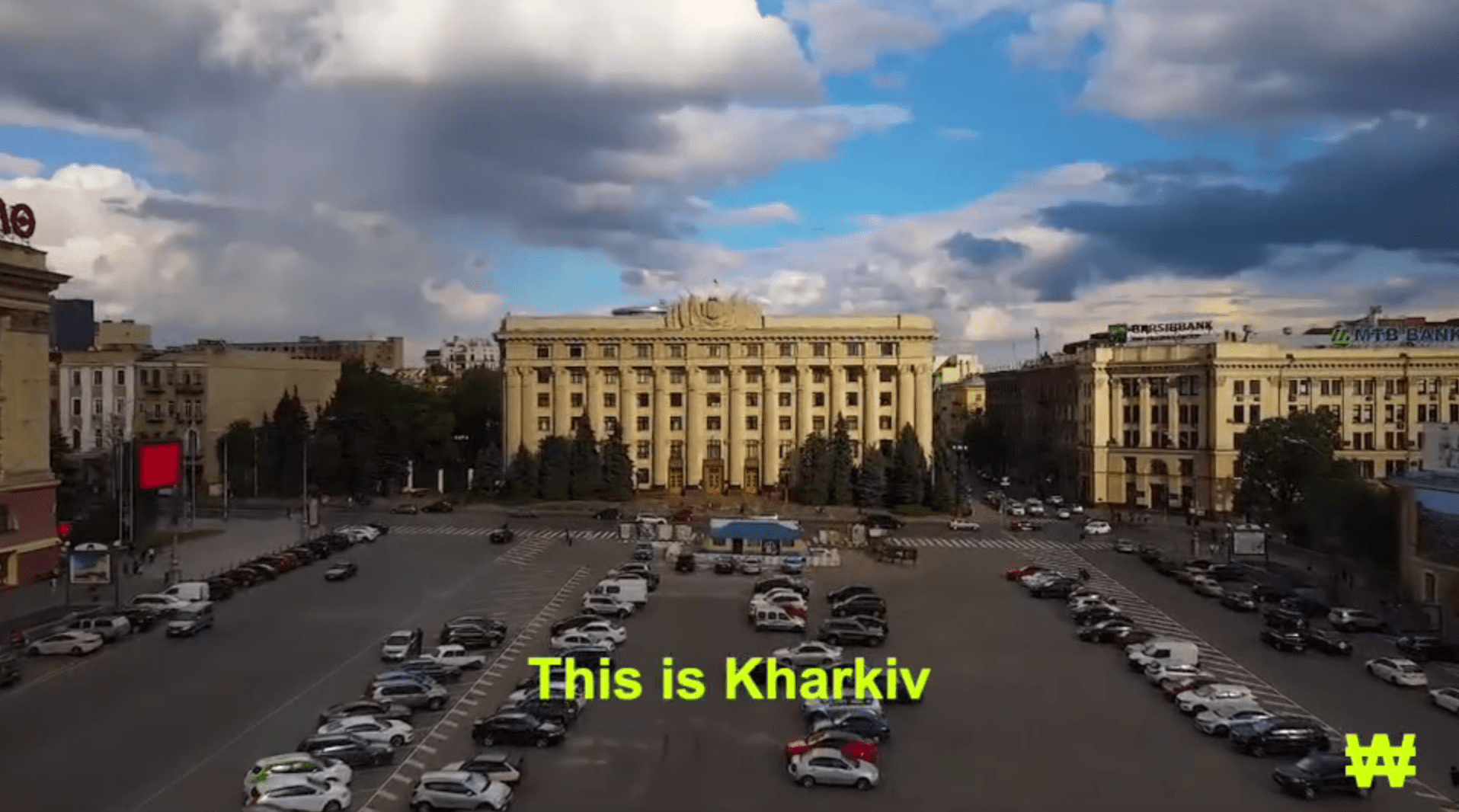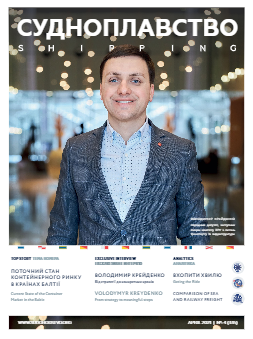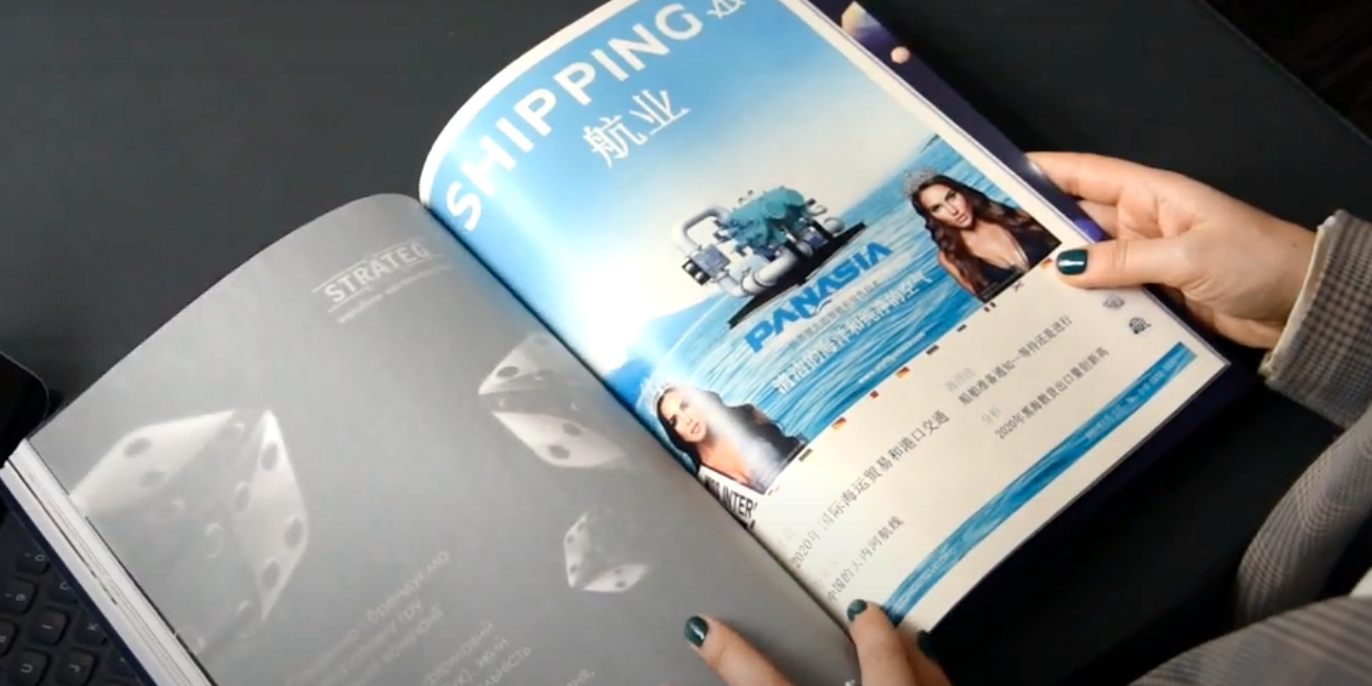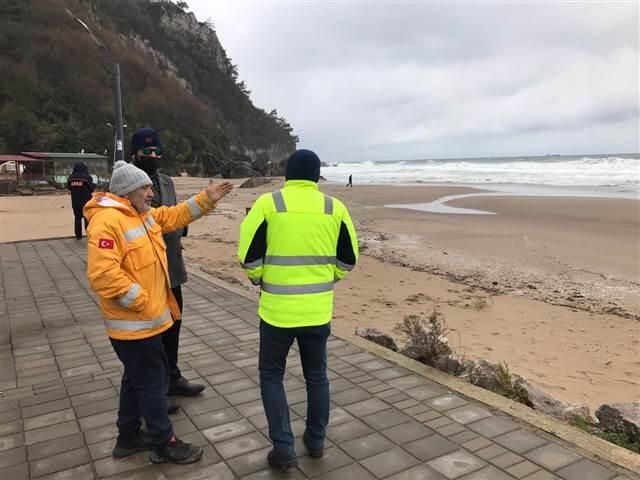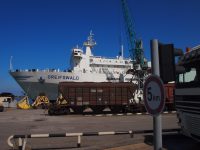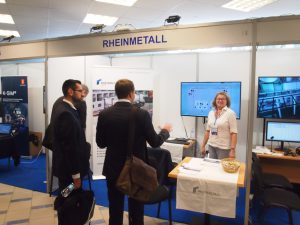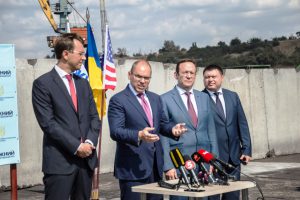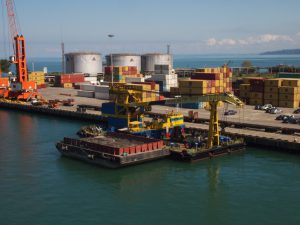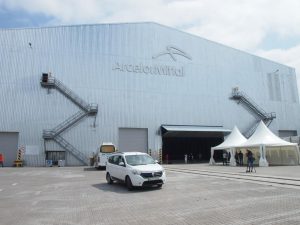
President of the Association of International Freight Forwarders of Ukraine
With the beginning of a full-scale attack by the russian federation, the logistics sphere of Ukraine experienced a great upheaval. But its specialists did not give up and began to build work in new conditions. Viktor Berestenko, president of the Association of International Freight Forwarders of Ukraine, spoke about this in more detail.
How did forwarding work in sea transportation develop in 2022?
This year has become so dynamic that its various stages can be evaluated differently. For example, while the war was only at the level of alarming rumours, work continued as usual. Later, when the Russian invasion took place and the ports of Great Odesa were blocked, Ukrainian freight forwarders and logisticians had to rebuild routes for transportation. For example, a significant part of grain and other cargo was sent to the ports of Izmail and Reni, from which it goes to Romania and other countries. Subsequently, a temporary project «Grain Corridor» was organized at the initiative of Ukraine and the UN and with the assistance of Turkey. The plus was that there was an opportunity to transport the grain in the usual large parties. The downside is that this initiative has repeatedly become a pretext for blackmail by the Russian Federation. Next, the Grain from Ukraine initiative, aimed at exporting Ukrainian grain and preventing the food crisis in the world, was presented.
When we talk about the work of freight forwarders in sea transportation during the past year, it is important to understand which specific periods of time we are analyzing, because the dynamics of the sphere in the conditions of martial law changed depending on the mentioned factors.
If we talk about general trends, some of them can be singled out. The first is an emphasis on continuity of work, adaptation to new conditions and preservation of forwarding company teams. Certain niches of the market were closed, some employees were evacuated to other regions or abroad. It was not easy for logistics companies to work in such conditions. The second trend is the preservation of the trend of cooperation and mutual assistance. Even before the start of the invasion, when the industry faced challenges related to the COVID-19 pandemic and the impact of quarantine measures, professionals intensified their communication and sharing of experiences to face the challenges together. During the war, this tendency intensified, and such measures remained in the focus of attention.
Another trend, which has already been partially mentioned, is the restructuring of transportation routes. And finally, I would like to mention the growth of the subjectivity of Ukrainian logisticians and forwarders, which was manifested in the active establishment and improvement of the quality of interactions with foreign colleagues. A clear testimony is the AMEU letter to representatives of Romanian ports with the aim of promoting and improving the quality of work. I often mention this case, because it significantly affected the efficiency of transportation.
What problems in the legislation regarding freight transportation could you single out?
An important issue is the non-compliance of the carrier’s and forwarder’s liability limits under national legislation with the standards stipulated by international conventions. While international carriers for each type of transport are limited in the amount of responsibility for each gross kilogram, Ukrainian legislation imposes responsibility on carriers and forwarders in the amount of its full actual value.
This is complicated by the fact that Ukraine is not a party to international conventions that regulate the issue of international transportation by sea. The statute of limitations for claims against carriers and forwarders is also different under the law.
Here I can not only criticize, but also share how AMEU, from its side, is taking steps to change the situation. Yes, we submitted proposals to the relevant committee of the Verkhovna Rada and the Ministry of Foreign Affairs of Ukraine regarding the ratification of conventions on amendments to the Law of Ukraine «On Transport Forwarding Activities».
On February 4, 2020, the AMEU Management Board implemented the FIATA Model Rules international standards in the new edition of the AMEU General Conditions of Transport and Forwarding Activities. The document is of a recommendatory nature and is used in case of reference to it in the contract. It introduced restrictions on the forwarder’s liability, the right to dispose of unclaimed cargo, and other regulations. But the application of some of them is complicated by the presence of conflicting norms in the national legislation of Ukraine. Therefore, we hope that in the near future the current legislation in the field of freight transportation will be updated in accordance with international standards of the logistics industry.
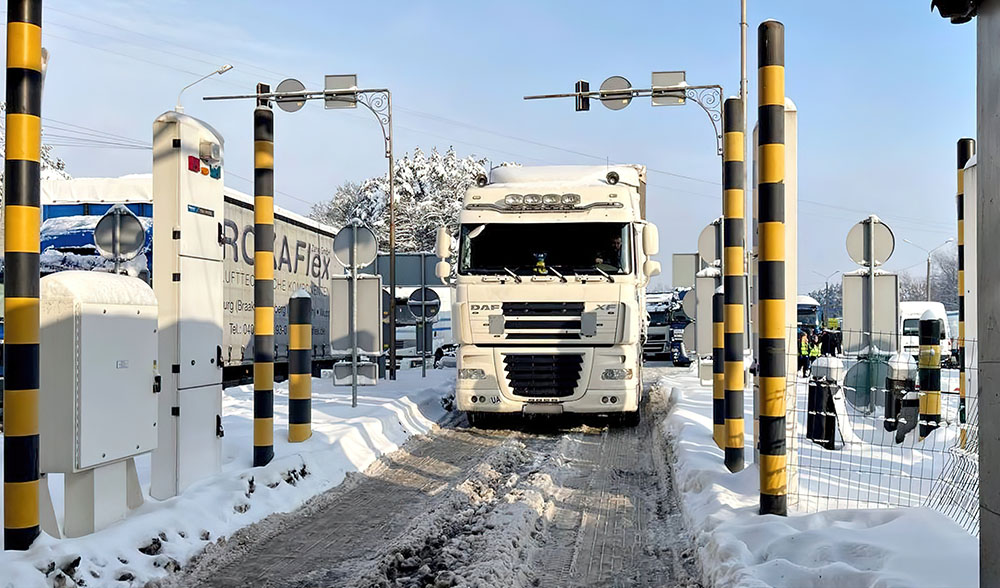
What is the difference between freight forwarding in Europe and in Ukraine?
In Europe, the NCTS system (New Computerized Transit System) operates in accordance with the Convention on the Common Transit Procedure. It is about simplifying formalities in the trade of goods. The system makes it possible to exchange information on customs clearance in real time. This can be done from any gadget that has the Internet. The customs offices of the countries participating in the Convention have one transit document, and not stacks of different papers. Also, these customs offices in different countries can exchange data, which simplifies transportation. Ukraine also joined the mentioned Convention.
During the Pilot Project, which lasted from November 2020 to March 2021, businesses participating in this project filled in both declarations (EE and T1UA). After the transition to the national application phase of NCTS (from March 2021 to October 2022), both systems operated simultaneously; the business independently chose which customs declaration it wanted to submit when the goods were in transit.
In connection with the accession of Ukraine to the Convention on the Common Transit Procedure and the beginning of the international application of NCTS (from October 2022), companies have the opportunity to use the current national system of control of the delivery of goods. However, in some time, since the new system provides more advantages, and the conditions for working in both systems will be equalized (in particular, regarding the need to guarantee the movement of goods, the cancellation from November 7, 2023 of the possibility of processing goods in the import or export regimes without entering the customs control zone under the usual procedure), the business will completely migrate to the new system (NCTS), after which the «old» system will cease to exist.
Therefore, if we talk about the difference in the regulation of road transport in Ukraine and other European countries that previously joined the Convention, it is worth noting that this difference is gradually becoming smaller, but there is still a lot of work ahead.
Did Ukrainian logistics cope during the war and, in your opinion, why? That you especially note?
Of course, she managed. We adapted to this difficult period and not only preserved the functioning of the sphere, but also maintained the level of service quality as much as possible. As for the factors that helped, among the two main whales I would name professionalism and patriotism, no matter how pathetic it sounds. Modern war includes the war of logistics. It is not for nothing that a famous general once said that amateurs talk about strategy in war, and professionals talk about logistics. Ukrainian freight forwarders and logisticians well understand their role in supplying the front and rear, assisting in the delivery of humanitarian goods. Our mission is too important to give up or lose momentum.
Has the work of customs and other regulatory bodies changed? In general, did you feel any support, simplification, etc. from the authorities?
Unfortunately, no simplification took place. I even made a separate issue of my video blog about this, dedicated to the topic of customs. The system of customs rules and procedures is not transparent in practice, which has turned our customs into a breeding ground for corruption. And even if we move away from local manifestations of lawlessness, the very concept of customs after the victory must be changed. It should not become a cash register and a barrier on the way of goods, but a guide of Ukrainian business to the international level.
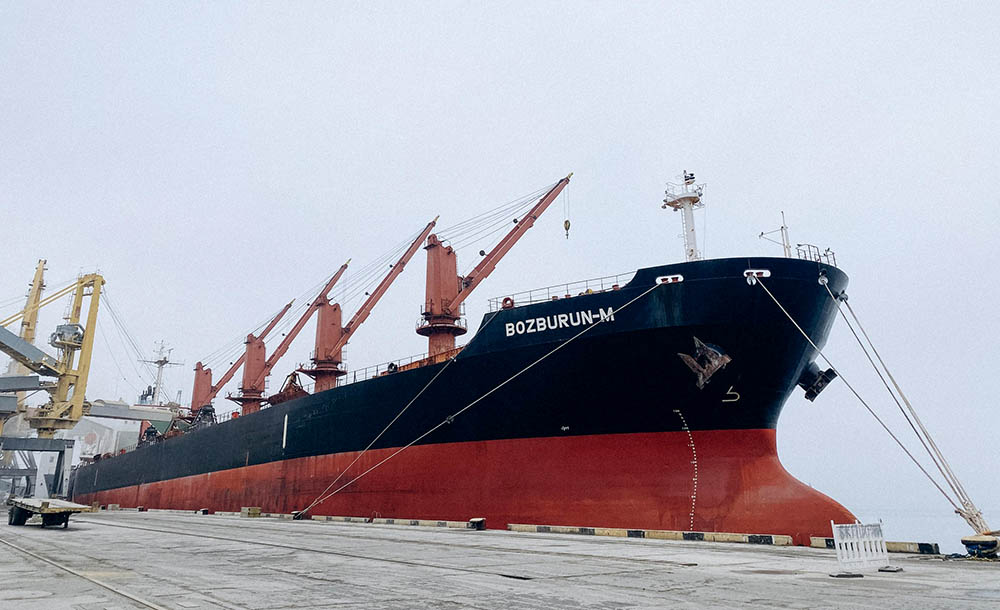
In your opinion, what future supply chain risks should we expect?
It is difficult to predict anything, since supply chains directly depend on the course of the war and the situation at the front. I think that we have already passed the key risks, and this experience has given us adaptability to be ready for other possible surprises. It was scary at the beginning, but now Ukrainian specialists already have sufficient skills to quickly rebuild logistics chains, according to the situation. As for risks, of course, the emphasis has also shifted towards security. If in pre-war times the logistician would choose the shortest route, now his focus shifts to the safest.
What priority steps should be taken after the end of the war for the development of Ukrainian logistics? Is it possible now?
In my opinion, freight forwarders and logisticians are doing even more than they can in the direction of such changes. However, it is important to understand that if there are no necessary changes on the part of the authorities, it will be difficult to transform the industry. Moreover, this applies to both central and local levels of management. I regularly emphasize this in my content, stressing that the strategy of «putting out fires» cannot lead to high-quality and sustainable results.
Among the managers, personnel changes quite often, and the very principle and expediency of appointing a specific person to a position can be quite questionable. Government officials, in my opinion, do not have a unified and systematic vision of the development of the sphere, focusing only on its individual segments. This is clearly evidenced by the revival of the so-called Great Construction project. And although road spending has been significantly reduced, the planned sums for road repairs in a country waging a defensive war look symptomatic, in my opinion. This is just one example. Therefore, yes, representatives of the logistics business in Ukraine do a lot to keep it afloat. But changes are also needed on the part of the bureaucratic apparatus, in order to eventually overcome corruption and bureaucracy.
What is the direction of work for 2023 at AMEU?
There are quite a lot of these directions. First, we continue to do what we did before the war, because the relevance of such work has not disappeared anywhere. This is the support of specialists in the field, the organization of specialized events, the development of proposals for improving legislation to the specialized committees of the VRU, interaction with international colleagues and partners. Secondly, the dynamics of war always leaves its mark on the situation at a particular moment, which changes rapidly and unpredictably. Therefore, together with the stable planning and support of our key areas of work, it is difficult to predict what the demands of the field will be in the future. At least, if planning is approached seriously and not indulged in unfounded fantasies.
Interview conducted by Tatiana Sivkova


